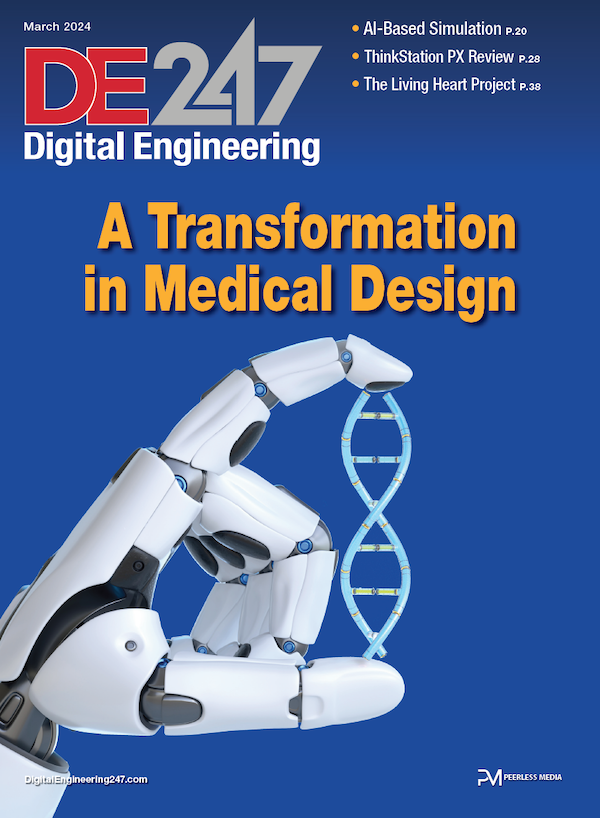Chromatic Offers Smooth-Mode Technology for 3D-Printed Rubber Parts
The new technology is suitable for manufacturing rubber bladders and other elastomeric products that expand and contract.
Latest News
September 22, 2022
Chromatic 3D Materials, a 3D-printing technology provider, has developed Smooth-Mode technology for 3D printing of rubber parts with smooth surfaces at commercial volumes. With this new technology, industrial manufacturers can 3D print smooth, high-quality polyurethane parts, such as seals, gaskets, grommets, bladders and other elastomeric products, with no post-processing or surface finishing.
“Sealing requires a smooth surface, but 3D-printed parts have always had layer lines or roughness. We have developed a way to easily and cost-effectively 3D print products that are ultra-smooth without additional steps. It's a breakthrough for 3D printing those professional applications that must be airtight and watertight,” says Cora Leibig, Chromatic CEO and founder.
Parts printed with Smooth-Mode technology have smooth esthetics as well as finer dimensional accuracy, the company reports. For example, products can be printed with precise uniform thickness at submillimeter scale. The new technology is suitable for manufacturing rubber bladders and other elastomeric products that expand and contract.
Chromatic's additive manufacturing experts first achieved smooth prints by fine-tuning the viscosity and surface tension of the company's printable thermoset polyurethane materials.
“We developed a way to go beyond simply applying our reaction technology to FDM printing. Smooth-Mode uses chemistry to create an ultra-bonded and smooth part. We believe this printing technique delivers the world's smoothest printing along the Z, or height, axis,” explains Bart Engendahl, Chromatic's managing director in Germany.
Industrial manufacturers can use Smooth-Mode with Chromatic's RX-AM materials and technology platform. A 3-in-1 platform, RX-AM includes materials, software and hardware for deposition printing with reactive chemistry. RX-AM, or Reactive Extrusion Additive Manufacturing, uses printable polyurethanes with Shore A hardness ranging from 50 to 90 as well as custom grades with varying colors, hardnesses and special properties (e.g. antibacterial, static discharge, biocides). The platform is designed for printing commercial volumes.
Sources: Press materials received from the company and additional information gleaned from the company’s website.
Subscribe to our FREE magazine, FREE email newsletters or both!
Latest News
About the Author
DE’s editors contribute news and new product announcements to Digital Engineering.
Press releases may be sent to them via [email protected].






